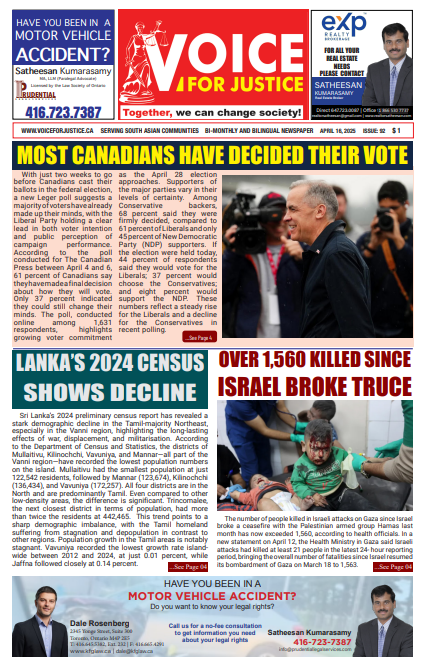Canada tightens post-graduate work permit norms for international students
01-Apr-2024The graduates from college programmes delivered through a public-private curriculum licencing arrangement will no longer qualify for post-graduation work permits, under the revised rules.

The Canadian government said that international students enroling for specific college programmes would face revised eligibility for post-graduation work permits in Canada. The tightened norms, which were slated to kick in at a later date, but now come into effect earlier.
This change is meant to address a housing shortage linked to rising international student numbers.
Originally slated to commence on September 1, 2024, the Canadian government has advanced the implementation of changes to the eligibility criteria.
The new set of rules will be enforced starting May15, according to the Canadian government.
The graduates from college programmes delivered through a public-private curriculum licencing arrangement will no longer qualify for post-graduation work permits, under the revised rules.
This means that students enroling in such programmes on or after May 15, 2024, will be ineligible for this permit upon completing their studies.
However, graduates will still retain ways to seek work permits for post-graduation. They can pursue options such as applying for a work permit supported by an employer's approved labour market impact assessment, particularly for occupations which are facing labour shortages in Canada.
To aid students in identifying eligible colleges and institutions, Immigration, Refugees and Citizenship Canada (IRCC) maintains a designated learning institute list.
Now, students who have completed a master's degree programme, even if it lasted less than two years, will be eligible for a three-year post-graduation work permit program (PGWP), provided they meet all other requirements.
The PGWP grants international students the freedom to work as many hours as they choose for any company, anywhere in Canada. Its duration lies on factors such as the length and intensity of the student's study programme, as well as the expiry date of their passport, whichever occurs first.







